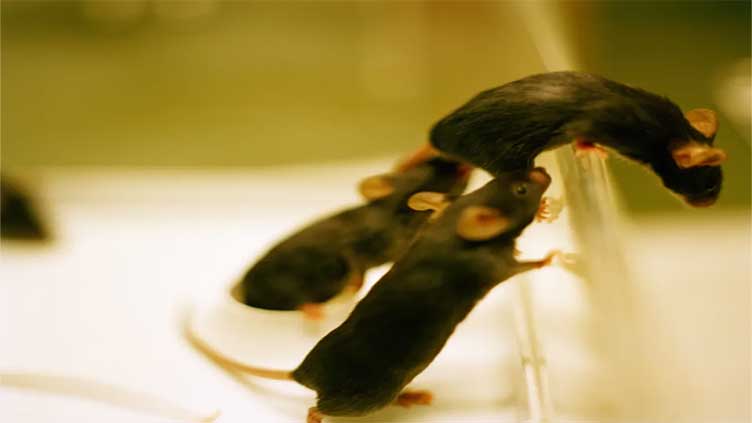World's first technology to control emotions, appetites

Technology
Mind-controlling tech can manipulate emotions, even appetite without any surgery
(Web Desk) - Scientists have discovered they can use nanparticles to control the minds of mice in a groundbreaking new study.
Beyond any nefarious, sci-fi-inspired plans for the technology - which is still in its very early stages of development - scientists believe it can be used to treat neurological disorders like depression.
With an external magnetic field, scientists at the Institute for Basic Science (IBS) in South Korea found they could manipulate nanoparticle-activated "switches" inside the brains of mice.
The technology, dubbed Nano-MIND (Magnetogenetic Interface for NeuroDynamics), allowed researchers to control the emotions and appetites of mice from afar.
The human brain contains a complex network of over 100 billion neurons which, if controlled, is crucial for understanding cognition, emotion, and social behavior.
Scientists manipulated these neurons by magnetically twisting a tiny actuator to pull or push nanoparticles implanted in the mice's brains.
There have been numerous 'mind control' experiments on animals over the years.
But this is the first that hasn't involved invasive surgery, and bulky external systems, which has instead allowed mice the freedom of movement.
"This is the world's first technology to freely control specific brain regions using magnetic fields," Jinwoo Cheon, director of the IBS Center for Nanomedicine, said in a statement.
Cheon, a senior author of the study that was recently published in the journal Nature Nanotechnology, added: "We expect it to be widely used in research to understand brain functions, sophisticated artificial neural networks, two-way [brain-computer interface] technologies, and new treatments for neurological disorders."
In several rounds of experiments, researchers activated inhibitory neurons within the brain to increase appetite and feeding behaviours by 100 per cent.
In turn, the team could then dampen their appetite.
Scientists also used the Nano-MIND system to activate the brain receptors responsible for maternal behaviours in female mice that hadn't yet reproduced.
These female mice then showed "significantly increased nurturing behaviours, such as bringing pups to their nest, similar to maternal mice," according to a press release.
In a third experiment, researchers activated the neurons responsible for "friendly" behaviours to encourage mice to socialise with other mice they hadn't met before in a small chamber.


